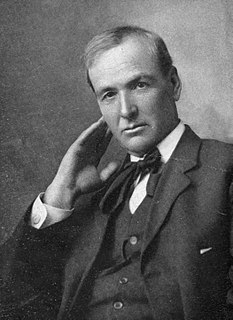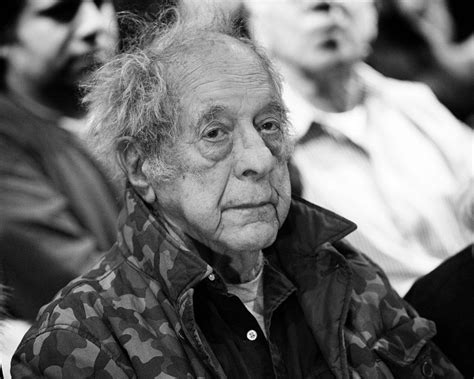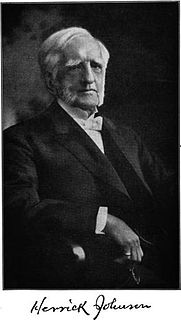A Quote by E. W. Howe
The most destructive criticism is indifference.
Quote Topics
Related Quotes
The most destructive criticism has not been able to dethrone Christ as the incarnation of perfect holiness. The waves of a tossing and restless sea of unbelief break at His feet, and He stands still the supreme model, the inspiration of great souls, the rest of the weary, the fragrance of all Christendom, the one divine flower in the garden of God.
On the whole, however, the critic is far less of a professional faultfinder than is sometimes imagined. He is first of all a virtue-finder, a singer of praise. He is not concerned with getting rid of dross except in so far as it hides the gold. In other words, the destructive side of criticism is purely a subsidiary affair. None of the best critics have been men of destructive minds. They are like gardeners whose business is more with the flowers than with the weeds.
I don't have a very high opinion, actually, of the world of criticism - or the practice of criticism. I think I admire art criticism, criticism of painting and sculpture, far more than I do that of say films and books, literary or film criticism. But I don't much like the practice. I think there are an awful lot of bad people in it.





































